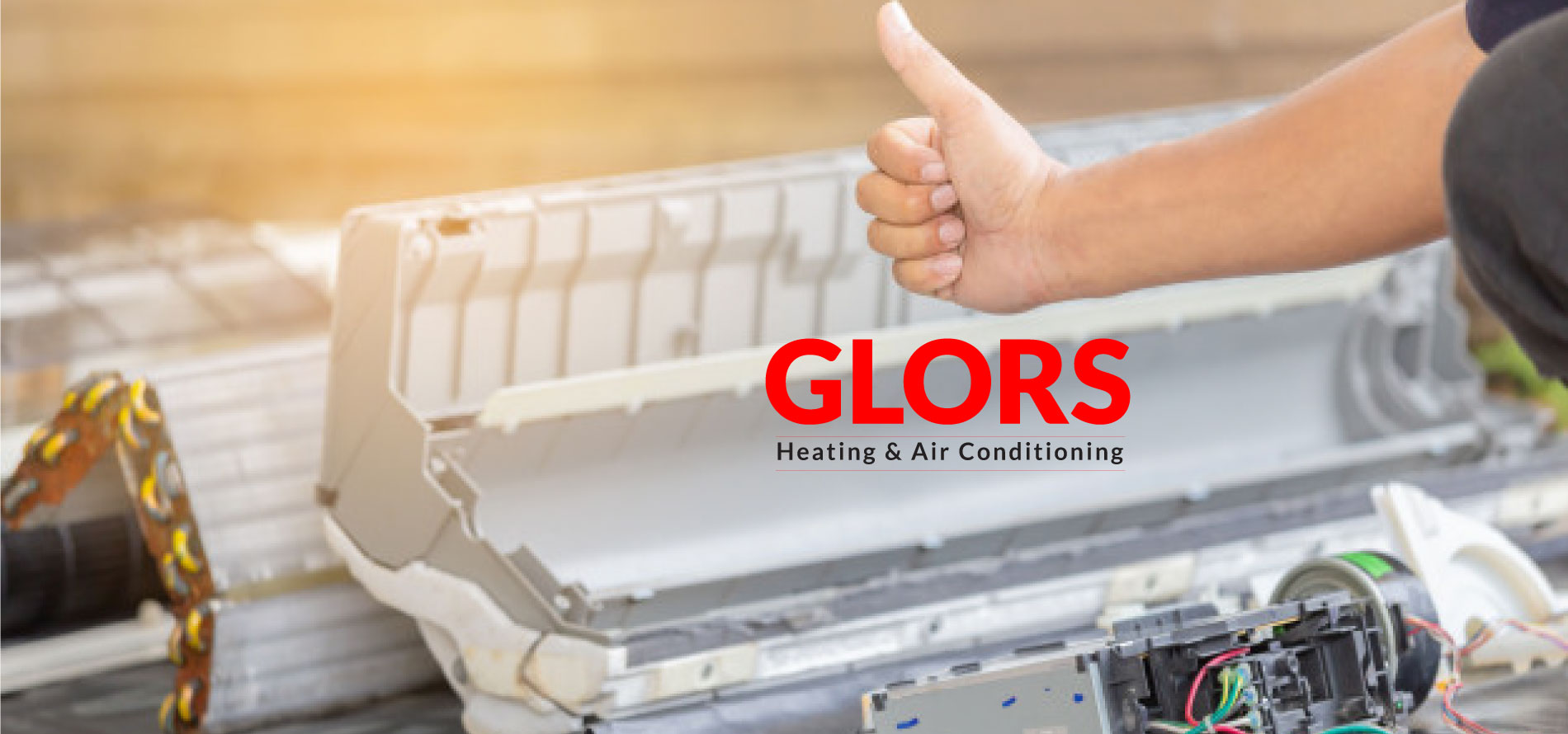Making your HVAC (Heating, Ventilation, and Air Conditioning) system more energy-efficient can save you money on energy bills, extend the life of the system, and reduce your environmental footprint. Here’s a comprehensive list of steps to improve HVAC energy efficiency:
✅ Regular Maintenance
- Schedule Annual Tune-ups
Hire a professional to inspect and service your system at least once a year (ideally before peak heating or cooling season). - Change Filters Regularly
Replace filters every 1–3 months depending on usage and filter type. Clogged filters restrict airflow and strain the system. - Clean Coils and Fans
Dust and debris buildup on coils or fans can reduce efficiency. Clean them periodically.
🧰 System Upgrades and Adjustments
- Install a Programmable or Smart Thermostat
Automatically adjust temperatures based on your schedule. Smart thermostats can learn your habits and optimize use. - Seal Ductwork
Leaky ducts can reduce HVAC efficiency by up to 30%. Use mastic sealant or metal tape to seal visible leaks or hire a pro for full duct sealing. - Upgrade Insulation
Improving insulation in your attic, walls, and ducts reduces the load on your HVAC system. - Zoning Systems
If your home has multiple levels or zones, consider installing a zoning system to heat/cool areas independently.
🌬️ Optimize Airflow and Ventilation
- Unblock Vents and Registers
Ensure furniture or drapes aren’t obstructing airflow from vents. - Use Ceiling Fans Strategically
Fans help distribute conditioned air more evenly, allowing you to raise or lower the thermostat a few degrees. - Install Vent Dampers
Adjust airflow to different rooms as needed to avoid over-conditioning unused spaces.
🌱 Improve Efficiency Through Home Design
- Use Energy-Efficient Windows and Doors
Double- or triple-pane windows reduce heat transfer. Consider weather stripping and caulking leaks. - Shade Your Home
Use blinds, curtains, or external shading (like awnings or trees) to reduce heat gain in summer. - Cook and Do Laundry During Cooler Hours
These appliances generate heat. Running them in the evening can ease HVAC load.
⚙️ Consider System Replacement if Old
- Upgrade to a High-Efficiency HVAC System
If your system is 10–15+ years old, newer ENERGY STAR®-rated systems can be significantly more efficient. - Choose the Right Size System
An oversized or undersized system can waste energy. Have a professional perform a Manual J load calculation.
— The Team at Glors Heating and Air Conditioning



